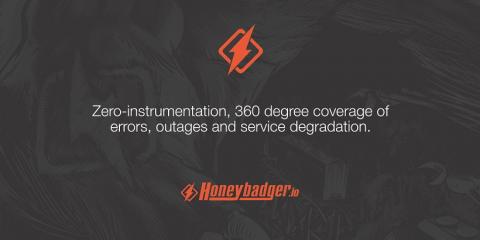Will ChatGPT Save the Chatbot Industry? (Part I)
There's no denying that OpenAI's remarkable artificial intelligence applications (ChatGPT and DALL-E) have captured the zeitgeist and hurled the topic of Generative AI into every company boardroom. Conversations range from apocalyptic hand-wringing to blissful ignorance. I wonder if ChatGPT will single-handedly save the chatbot industry, or is this just another tech fad that will quickly wither and die?











